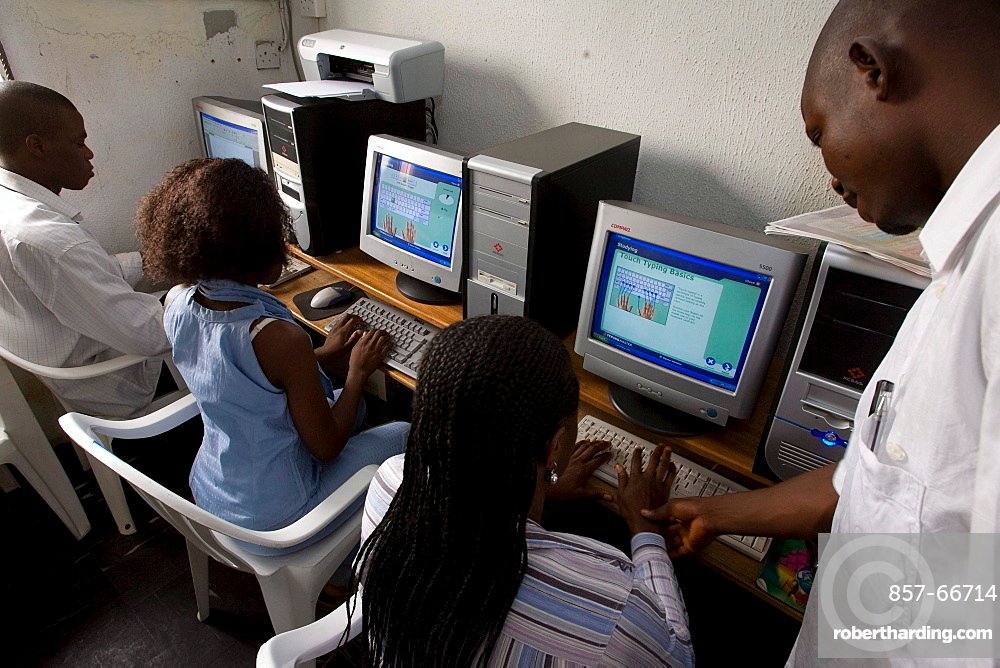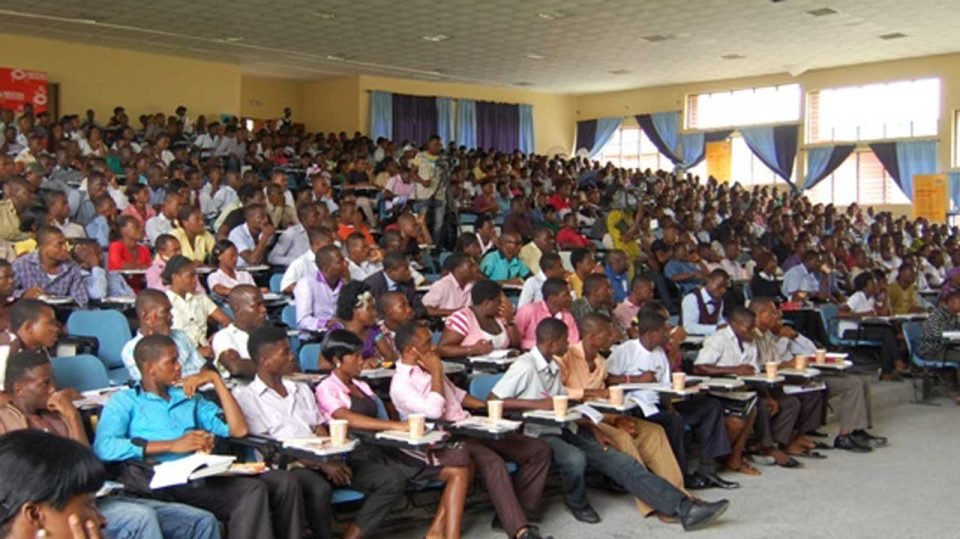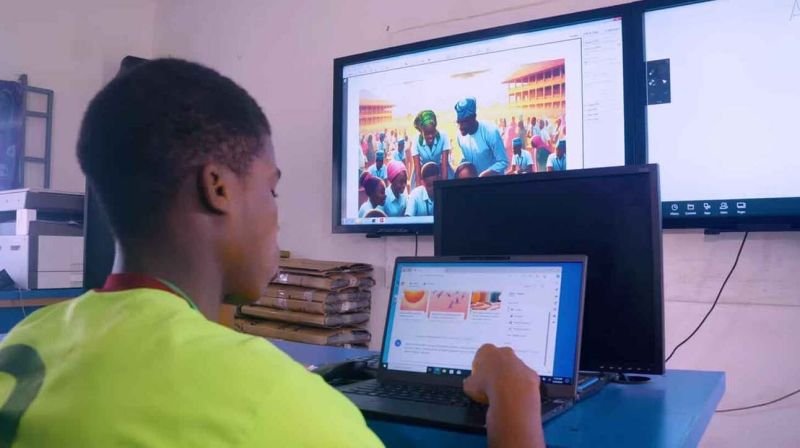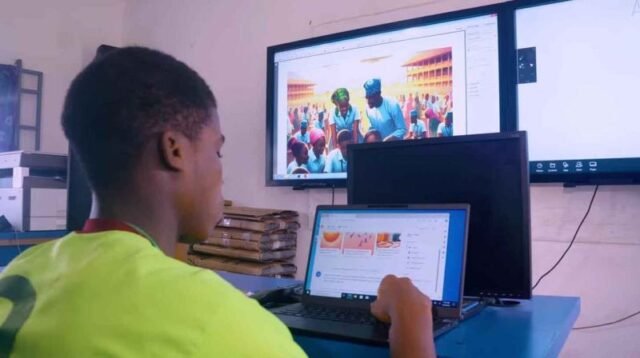In the digital age, Nigerian schools are grappling with a serious question: when students type essays, reply to prompts, or submit biometrics, who owns that content and data? With the increasing use of online platforms, biometric systems and AI tools in classrooms, schools are no longer just spaces of learning — they are also repositories of very personal student information.
Data ownership is about control. It means deciding who can access, use, share, or delete your data. In many schools, essays and responses to assignments are stored in school servers, online learning management systems, or third-party apps. Biometrics (fingerprints, facial recognition, etc.) may be used for attendance, identity verification, or exam security. The question is: under the law, and under everyday practice, does the student retain ownership of their prompts or biometric data? Or does the institution, or the service provider?

Table of Contents
Legal Protections vs. Institutional Practices
Nigeria’s legal framework has begun to catch up. The Nigeria Data Protection Regulation (NDPR) and the more recent Data Protection Act provide rules about collecting, storing, processing, and sharing personal data. These require that data processors (e.g. schools, companies) obtain consent, secure data, limit how long they keep it, and allow individuals to request deletion or correction. These regulations apply to all kinds of personal data, including biometrics and personal writings.
However, compliance is uneven. According to a study of private schools, many institutions struggle with implementing full protections: secure storage, clear consent procedures, transparency about who has access, and how data is used. In some cases, essays or student responses may be used for research, staff training, or uploaded into AI systems without explicit consent; biometric data may be shared with third parties.
Also, many students and parents are unaware of their rights. Even where policies exist on paper, their implementation may be weak. School handbooks may not clearly spell out ownership of student work or biometric data; consent forms might be broad or generic. In practice, many schools act as though they own data by default, unless challenged.

Ethical and Practical Implications
This lack of clarity on ownership has real consequences. Firstly, privacy concerns: biometric data is highly sensitive. If leaked or misused, the impact on the student could be serious — from identity theft to discrimination. Essays or prompts might reveal personal views, beliefs, or family situations; ownership determines who can see and use that information.
Secondly, there is the issue of academic integrity and AI. Students’ essays stored on platforms may be scraped, used to train commercial AI models, or accessed by others. If a school claims it holds all rights, students may have little recourse if their work ends up in places they did not expect.
Thirdly, the psychological aspect: if students believe their work is not their own after submission, it may discourage creativity, authentic expression, or risk-taking in learning. Trust is critical between students and educational institutions.
Finally, there are practical challenges: infrastructure, resource constraints, lack of training for school administrators on data protection; limited oversight; and sometimes, inadequate laws or enforcement in local contexts.
Toward Clarity: What Students, Schools and Policymakers Must Do
To resolve the grey areas around data ownership in Nigeria’s schools, several steps are essential.
- Clear Policies & Agreements
Schools must develop explicit, written policies that define who owns student essays, prompts, and biometric data. These policies should be included in enrollment agreements or consent forms and be understandable (not legalese). Students and parents must know what rights they retain, how data will be used, stored, shared, and for how long. - Robust Consent Procedures
Consent must be informed, voluntary, and specific. If a student’s essays might be used outside the classroom (for example, for AI training, research, or publication), separate consent should be obtained. For biometric data, which is especially sensitive, stronger safeguards and clear opt-out options may be necessary. - Secure Data Handling and Deletion Rights
Data security is non-negotiable. Schools should ensure that student work and biometrics are stored securely (encrypted where possible), access is limited to authorised personnel, and there are auditing systems. Importantly, students or parents should have the right to request deletion or anonymisation of data when it is no longer needed. - Transparency & Education
Awareness among students, staff, parents and policy makers is vital. Schools should regularly educate their communities about data rights, ownership, privacy, and related risks. This includes training teachers and administrators in data protection laws. - Regulation and Oversight
Government institutions should monitor compliance in schools, enforce the relevant laws, and issue guidelines specific to educational settings. Perhaps regulatory bodies can issue model consent forms or require schools to publish their data use policies. - Technology & Infrastructure Support
Many schools lack resources. Support is needed for safe infrastructure, such as secure servers, privacy-friendly software, and technical support. Policymakers could offer grants or partnerships to help schools upgrade systems to protect data better.

Conclusion
Ownership of student prompts, essays, and biometrics is no longer an abstract legal question — it is central to trust, privacy, integrity, and the quality of education in Nigeria. As schools move more into digital spaces, students deserve to know what happens to their work and their personal data. Laws are in place, but they must be translated into practice: with clear policies, strong consent, secure handling, and strong oversight. Only when students, parents and schools share a clear understanding of who owns data — and what rights everyone has — can the educational environment be truly respectful, safe and empowering.
Join Our Social Media Channels:
WhatsApp: NaijaEyes
Facebook: NaijaEyes
Twitter: NaijaEyes
Instagram: NaijaEyes
TikTok: NaijaEyes
READ THE LATEST EDUCATION NEWS





